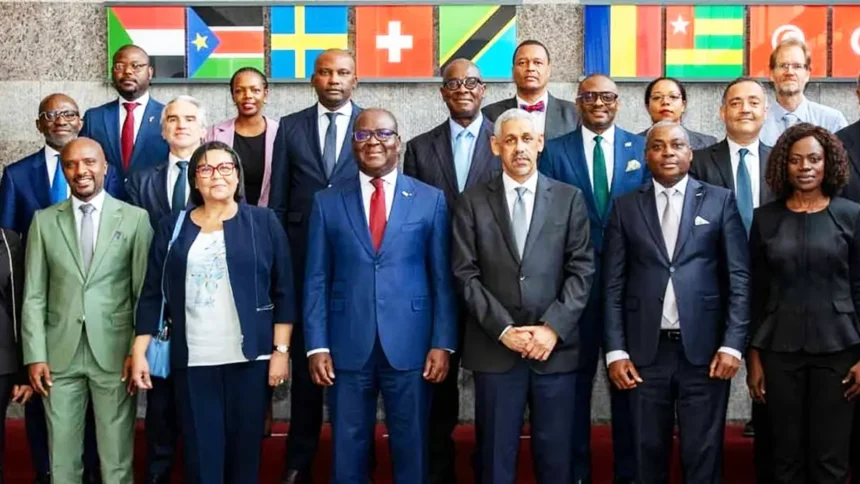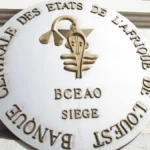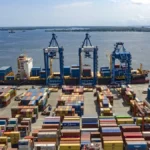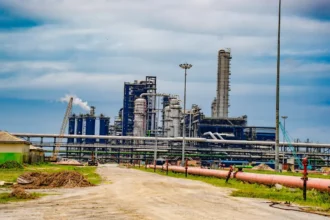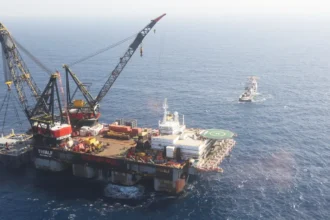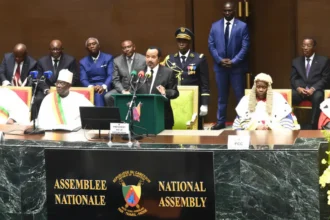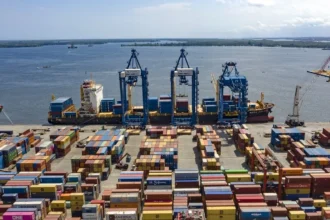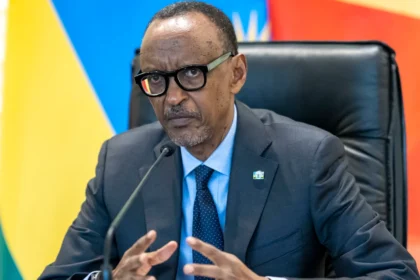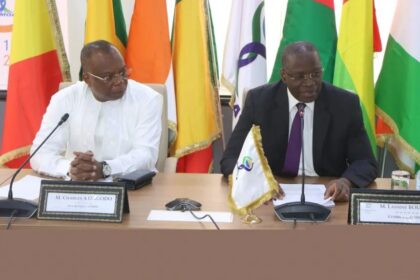At the invitation of the Bank Group’s President, Mr. Ould Tah, senior representatives of regional banks, African stock exchanges, private equity funds, and development finance institutions gathered at the Bank’s headquarters for strategic consultations described as “vital for the continent’s future.”
In your role as architects of African capital markets, you are the custodians of financial institutions and catalysts for the continent’s future,
Mr. Ould Tah emphasized during the opening session.
Reforming capital mobilization across the continent
The discussions focused on the crucial role of capital markets in long-term development financing and on the need to modernize Africa’s capital-mobilization mechanisms. Participants examined the governance of African stock exchanges, the expansion of private equity and venture capital, and the importance of channeling more patient capital to governments and corporations.
Félix Edoh Kossi Amenounve, CEO of the West African Regional Stock Exchange (BRVM), highlighted the need for deep structural reforms, particularly regarding African pension funds, which were originally designed to finance governments and are yet to unlock their full potential for economic development.
A gathering of africa’s leading financial institutions
The meetings brought together a wide array of institutions, including the African Exchanges Linkage Project (AELP), and the stock exchanges of Rwanda, Mozambique, Cabo Verde, Nairobi, Tunisia, the BRVM, the Central African Stock Exchange, Casablanca, and Ghana. Their participation reflects the importance of a harmonized continental approach to strengthening Africa’s financial attractiveness.
A major focus of the consultations was the need to expand financial flows into private equity and venture capital. Small and medium-sized enterprises representing nearly 90% of Africa’s businesses and more than 60% of its jobs continue to face limited access to early-stage and growth financing. Strengthening and scaling African investment funds was presented as an urgent priority to support SMEs, mid-sized companies, and emerging industrial champions.
Sustainable finance and digital transformation at the core
Key topics included sustainable finance, the digitalization of capital markets, the rise of fintech, and the development of youth-focused financial education programs. Delegates stressed the need for stronger regional coordination to harmonize reforms and accelerate project implementation.
Donald Waweru Wangunyu of the Nairobi Securities Exchange emphasized the need for “scale-up, policy coordination, and effective implementation,” noting that many promising projects remain hindered by structural barriers. Sonia Ben Frej, Chair of the Tunis Stock Exchange, highlighted the regulatory convergence challenge and the urgency of modernizing outdated legal frameworks across several African markets.
Towards a new financial architecture for africa
President Ould Tah reaffirmed that the Bank’s strategic vision known as the Four Cardinal Points aims to ensure long-term, predictable, and affordable financing for African countries. He outlined three core pillars of the AfDB’s approach: strengthening capital market regulators and intermediaries through technical assistance and institutional support ; diversifying savings mobilization to improve market liquidity; and enhancing research, training, and policy dialogue to build the capacity of Africa’s capital-market actors.
We will build this together; it requires a collective effort from all of us,
he stated.
The second day of meetings continues with African development finance institutions, with the overarching objective of creating a strong continental momentum to mobilize new financial resources and reduce Africa’s long-standing dependence on official development assistance.

